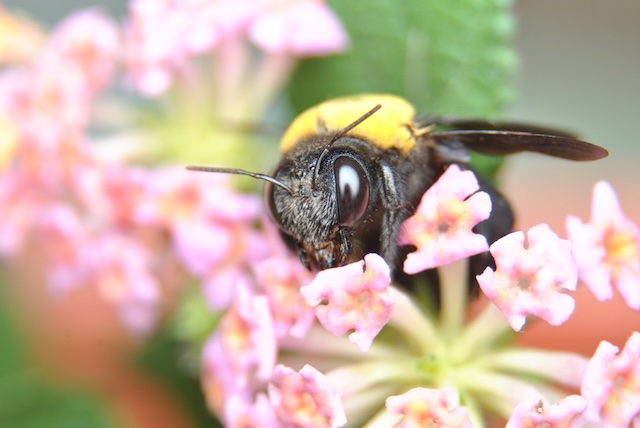Many people are afraid of wasps and tend to be careful around them. But these buzzing bugs are very important to the complex web of ecosystems, and their role goes far beyond their image as stinging pests. This blog post wants to show some of the less well-known things that wasps do that show how important they are to keeping the environment balanced.
1. Partners in Pollination:
Reality Check: Bees get most of the credit for pollination, but some kinds of wasps are just as good at moving pollen from one plant to another.
Wasps have an effect on the environment because they help pollinate many different plants, which supports variety and the growth of fruits and seeds.2. Natural Ways to Get Rid of Pests:
Predatory Skills: Many wasps are very good at hunting down insects that people consider to be yard pests.
Negative effects on the environment: Wasps keep caterpillars, aphids, and other pests in check. This means that farmers don’t have to use as many chemicals.
3. Experts in decomposition:
Scavenging Habits: Some species of wasps are drawn to dead bodies and help the decay process.
Ecological Effects: Wasps help break down and recover organic matter in ecosystems by eating dead animals and insects. This is called nutrient cycling.
4. Dispensers for seeds:
Unique Role: Some species of wasps help spread seeds by gathering them and taking them to new places.
Effects on the environment: This behaviour helps plant populations grow back, which increases the number of plant types.
**5. Relationships with parasites:
In order to keep nature in balance, parasitoid wasps lay their eggs on or inside other insects, usually bothersome ones. The host bug dies after the eggs hatch.
Effects on the environment: This type of biological control helps keep insect populations in balance, which stops outbreaks that could damage environments.
Why it’s Important to Know What Wasps Do:
Knowledge of Biodiversity: Being aware of the various jobs wasps play helps us understand how complicated and varied environments are.
Sustainable Agriculture: Farmers can use more eco-friendly and long-lasting farming methods if they see wasps as helpful in getting rid of pests naturally.
Making people aware of the importance of wasps in the ecosystem makes them feel responsible for protecting them and sees their place in the bigger picture of life.
Getting Along with Wasps:
Balanced Views: It is important to be careful around wasps, but learning about their biological roles can help you see them more fairly and see them as important parts of ecosystems.
Protecting Natural Habitats: By protecting natural habitats, people can make sure that wasps can do their jobs in the ecosystem without being harmed.
Sharing information with communities about the good things that wasps do helps people live together peacefully and gets rid of false worries.
Wasps, which are often confused and scared, are an important part of nature’s delicate dance. Getting a full picture of their ecological roles can help us get past the prejudice and live together with and respect these buzzing balance-makers in our environments.
